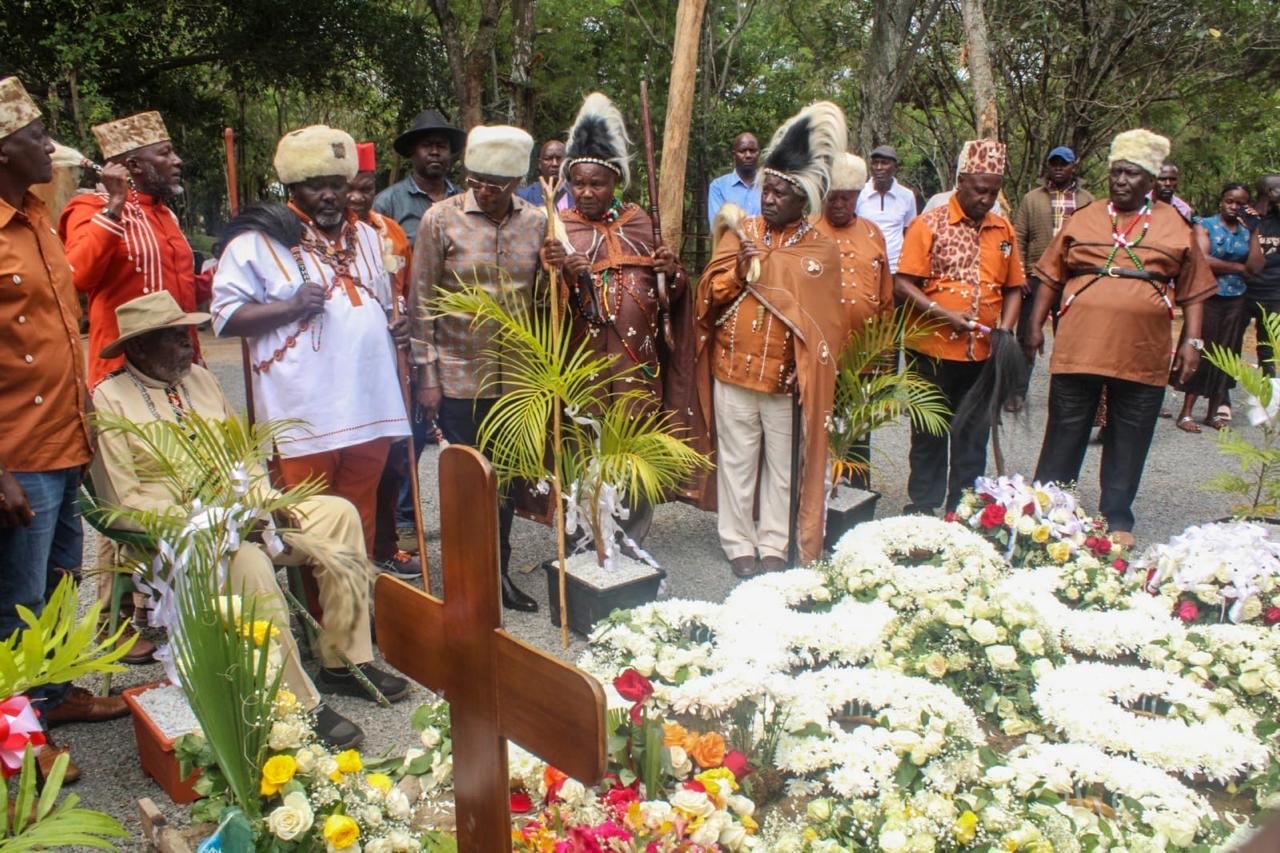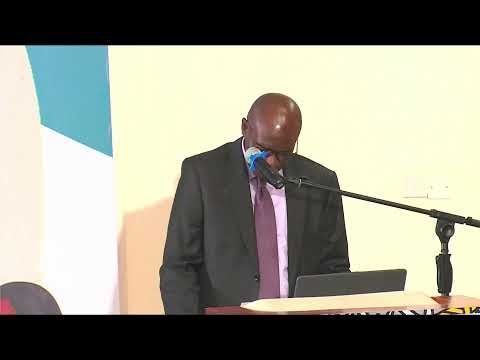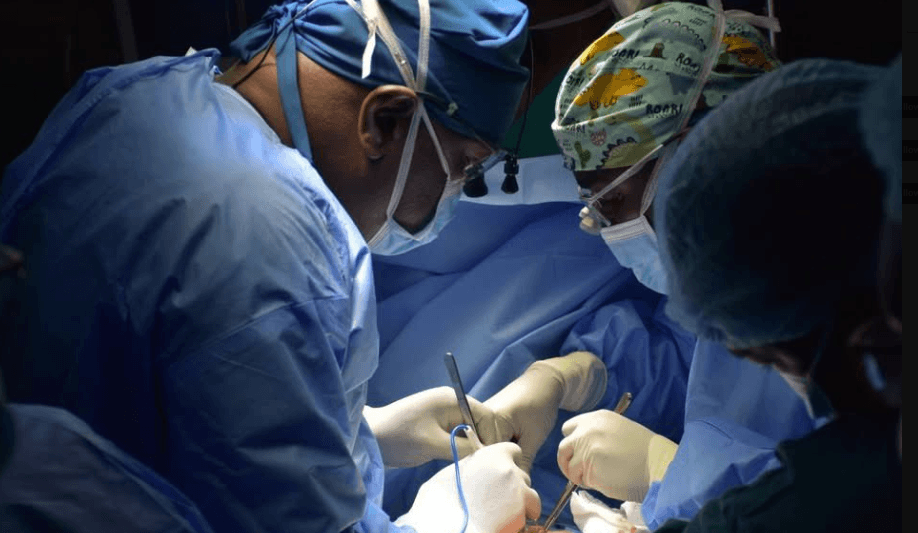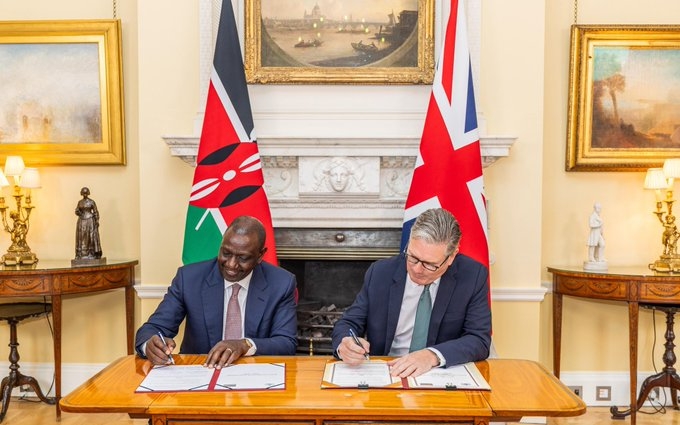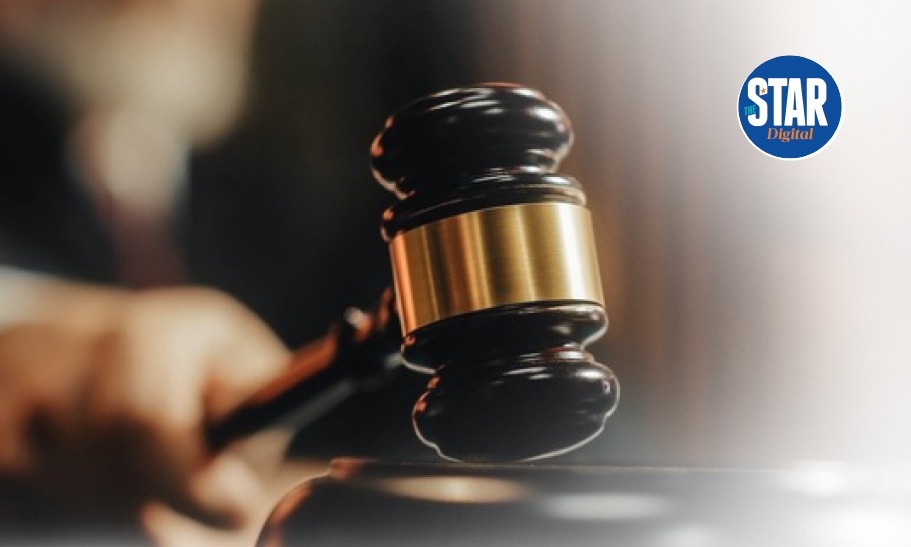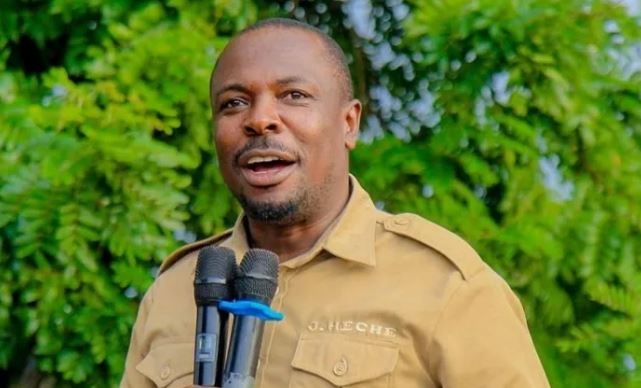Twenty soldiers and four police officers from Jamaica arrived in Haiti on Thursday to join a UN-backed mission led by Kenya to fight powerful criminal gangs.
Jamaica is the second country to join the mission, which was approved by the UN Security Council in October 2023 and began when the first contingent of Kenyan police arrived in Haiti in late June.
Joining the Jamaicans were two senior military officers from the Central American country of Belize, according to its government.
A US military plane transported the Jamaicans and Belizeans to Haiti.
Authorities in Jamaica had announced the imminent deployment and said the 20 soldiers and four police officers would be responsible for providing command, planning and logistics support.
They will work alongside Haiti’s military and police to fight gangs that control 80 per cent of the capital of Port-au-Prince.
Jamaica had pledged a total of 170 soldiers and 30 police officers, but Prime Minister Andrew Holness said it wasn’t possible to deploy them all at once.
The Jamaicans were deployed as the U.S. warns that the Kenyan-led mission lacks resources, and says that it is considering a UN peacekeeping mission as one way to secure more money and personnel.
The US and Ecuador recently circulated a draft resolution asking the UN to start planning for a UN peacekeeping operation to replace the current mission.
The current mission is expected to have a total of 2,500 personnel, with the Bahamas, Bangladesh, Barbados, Benin and Chad also pledging to send police and soldiers, although it wasn’t clear when that would happen.
Kenyan police are in Haiti to help the Caribbean nation stabilize from gangs.
A traditional UN peacekeeping operation would end the mission’s problems with funding, because it would be paid for through member nations’ traditionally assessed contributions.
It would also provide more equipment like helicopters, which the current Kenya-led mission lacks, and possibly a hospital capable of performing surgeries.
Also, the UN would be able to mobilize military forces, rather than just cops, from other nations in a way that the US has been unable to do.
A peacekeeping mission would need the approval of the UN Security Council, and there are questions about whether its members, especially China and Russia, would support it.
The violence is also disrupting access to healthcare and has led to more than 2,500 deaths or injuries in the first three months of the year, according to the UN.
The US has provided more than Sh38.7 billion (Usd300 million) that has, among other things, paid for the construction of a base near Port-au-Prince’s international airport and dozens of armored vehicles for foreign police officers.
There are already more than 400 officers in Haiti and have taken over various strategic places.
More than 600 personnel reported to police training camps in Kenya for a short training ahead of planned deployment to Haiti.
They will join the more than 400 police officers who have reported to Haiti and are already engaged in combating gangs in Port-au-Prince, officials aware of the developments said.
This will now increase to more than 1,000, the number of personnel to be deployed to Haiti as earlier planned.
The team has been picked from the Rapid Deployment Unit (RDU), Anti Stock Theft Unit (ASTU), General Service Unit (GSU), and Border Patrol Unit (BPU).
These officers have paramilitary training and have so far worked well with other personnel from Haiti.
Since the first team arrived in June this year they have taken control of the main port, hospital, palace, major highway and airport.
They have with the local police started liberating major slums there from gangs.
US Secretary of State Antony Blinken visited Haiti on September 5 to reaffirm the US government’s commitment to the multinational mission to fight gangs in the Caribbean country and push for long-awaited general elections as he supported the consideration of a peacekeeping operation.
Concerns have grown that the mission lacks resources hence the plans to change it to UN peacekeeping mission.
Blinken arrived a day after Haiti’s government extended a state of emergency to the entire country.
It had been imposed earlier in the year in the capital and surrounding areas in an attempt to stem the ongoing violence.
Blinken met with the head of the multinational mission Godfrey Otunge and the chief of Haiti’s National Police.
He said the discussions centered in part on how to ensure that security personnel are well-trained, well-equipped and held accountable, adding that there’s a “clear plan” on the mission’s next steps.
Haiti last held elections in 2016, and officials since then have blamed gang violence and political upheaval for preventing them from holding new ones.
In July 2021, former President Jovenel Moïse was assassinated, and gang violence since then has surged. In February, gangs launched coordinated attacks on police stations and the main international airport, which remained closed for nearly three months.
They also stormed Haiti’s two largest prisons, releasing more than 4,000 inmates.
The violence subsided somewhat before the first contingent of Kenyan police arrived in late June, with Blinken noting that economic activity has restarted in some areas of Port-au-Prince, and that joint operations have led to successes including regaining control of Haiti’s biggest public hospital.
Haitian government officials, who are in the early stages of trying to organize elections, have also quietly voiced criticism of the mission.


